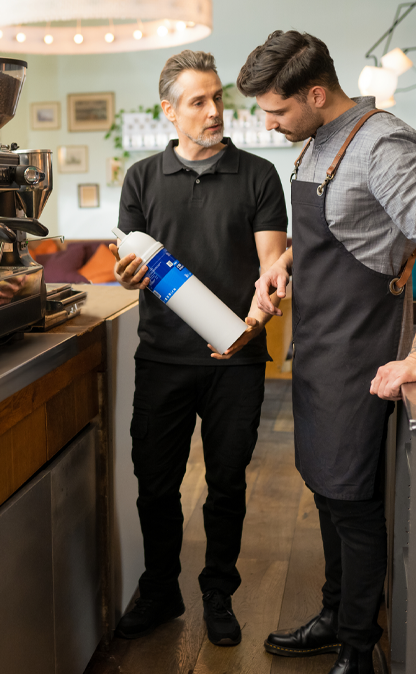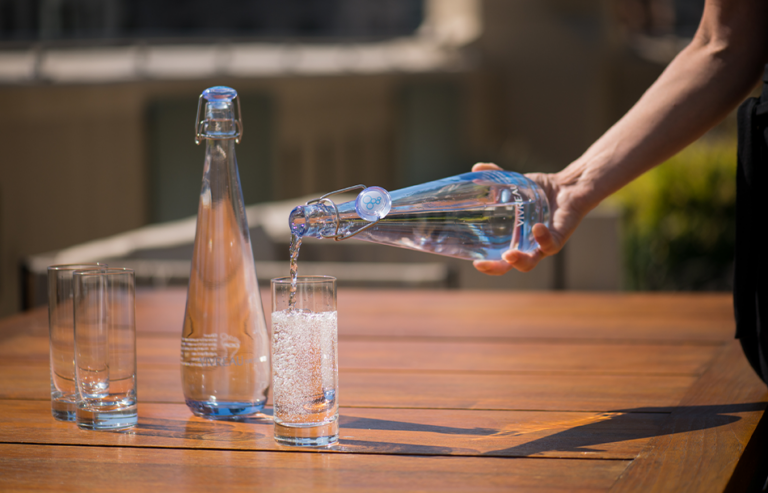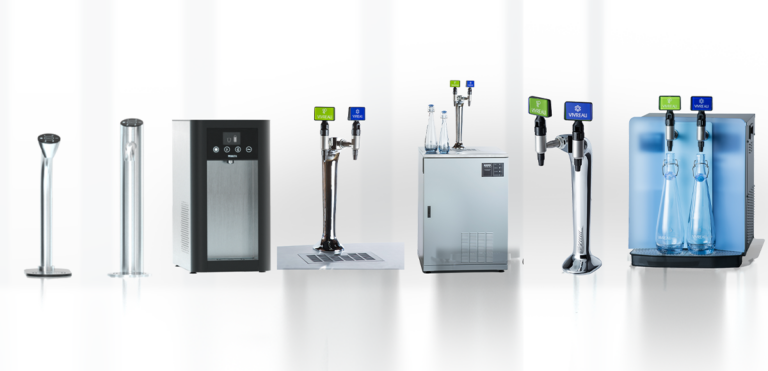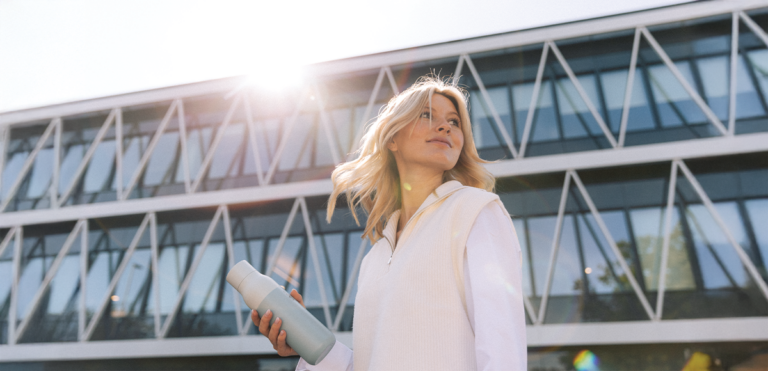To truly make great flavor coffee, the water flavor matters.
The ingredients for coffee could not be any simpler, but the complexity of flavor comes from the formula. The formulation of great tasting coffee requires excellent grounds and great flavor ingredient water. Since water makes 98% of the final product, this part of the equation deserves more attention. To truly make great flavor coffee, the water flavor matters.
The Flavor Of Water
Water is far from flavorless. There are minerals present in water that can affect the flavor, a composite of aroma, taste, and feel. The composition of the water may contain substances like minerals or water treatment chemicals that affect its flavor.
When chemicals or minerals are in the water, they cause a metallic smell or sweet taste, and the flavor of the coffee will also smell or taste different than expected. If water has too many minerals, the coffee may leave a chalky mouthfeel. However, in the right proportions, these substances are also responsible for the rich aroma and taste of coffee. With proper filtration technology, it’s possible to control the mineral content of the water composition and fulfill the intended flavor profile.
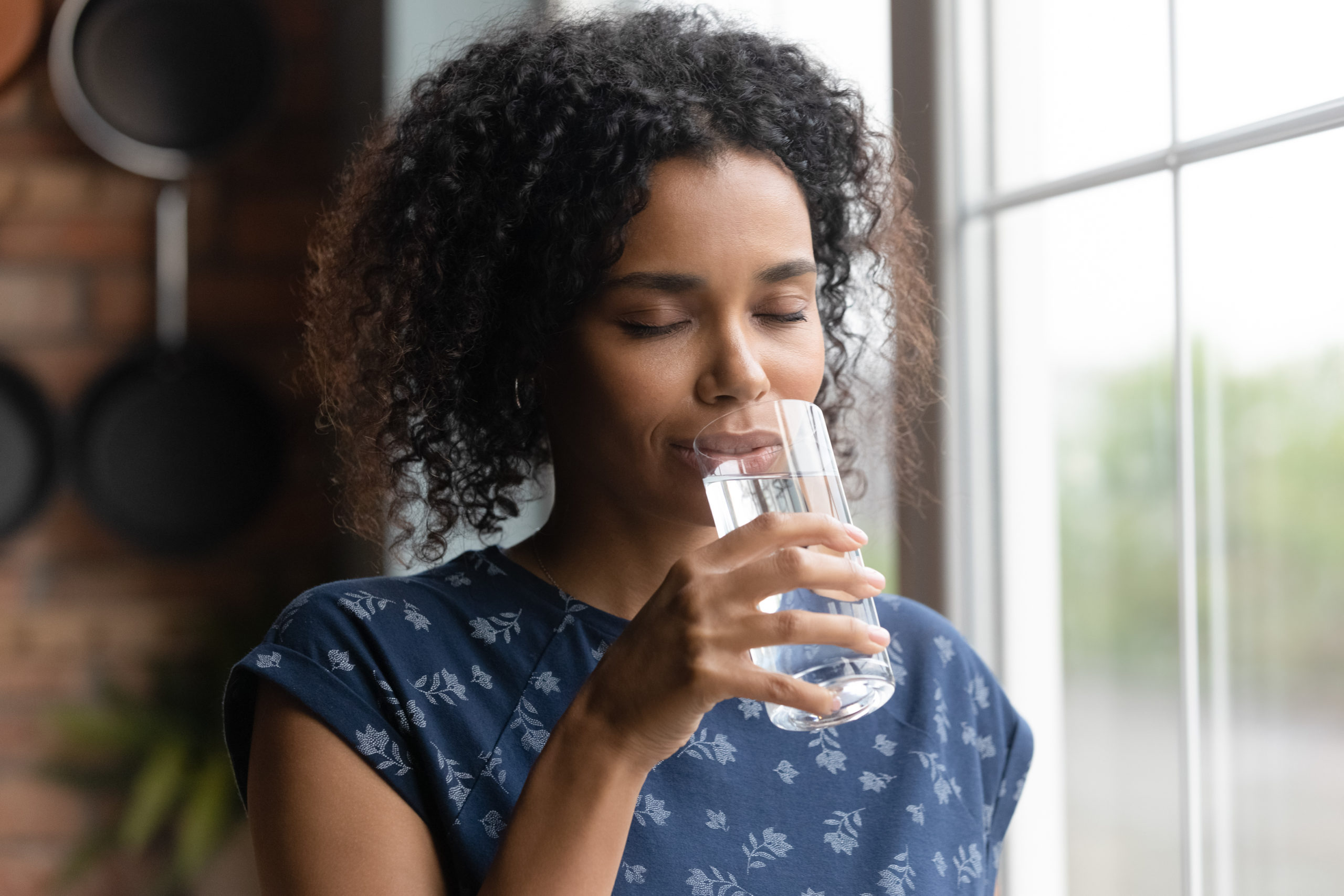
Filtration For Flavor
Filter technology adjusts for quality by changing the composition of the water.
- Preserving Flavor. Chlorine, used by municipal water treatment, has a distinctive smell that interferes with the aroma of brewed coffee. Instead of capturing the deeper scent from roasting the coffee beans, the receptors in the nose capture the chemical odor from the chlorine. When the chemical notes of chlorine interrupt the full aroma of the coffee, the final product lacks the nuances of full flavor. Activated carbon filters act as a catalyst to remove any chlorine odor and protect the robust aroma that flavors the final product.
- Enhancing Flavor. The characteristic sourness of good coffee is a balance of natural acidity from the mineral hydrogen carbonate. Too much hydrogen carbonate in water causes a buffer against the development of acids from the grounds, neutralizing the proper acidity so that the final product loses the appropriate sourness flavor. Conversely, too little, and the balance is equally off in the other direction, too sour. Decarbonization filtration devices enable the brewer to properly calibrate and balance the levels of carbonate in the water to adjust for the appropriate sense of sourness to achieve their flavor profile.
- Retaining Flavor. The amount and type of minerals in water can affect the sensory experience of the feel of the final product. Coffee has an expected mouthfeel, and minerals like sodium and magnesium create a chalky or dry feeling when present in water or products made with this water composition. Softening uses filtration to remove the sodium and magnesium as well as hydrogen carbonate, binding the first two and breaking down the last so that the mouthfeel quenches without aftertaste. Now, the mouthfeel of the coffee retains the right minerals to avoid any aftertaste.
Ingredient Water Matters
Coffee bean growers, roasters, and brewers work very hard to develop a recognizable flavor profile, but without quality ingredient water, their efforts literally fall flat. The chemical composition of the water, the minerals contained within, must be addressed to achieve the peaks of aroma and characteristic sourness of great coffee. If the quality of the final product is a sum of the parts, make sure both ingredients of the recipe have the best flavor. Add a filtration step to the directions for brewing great quality coffee.
